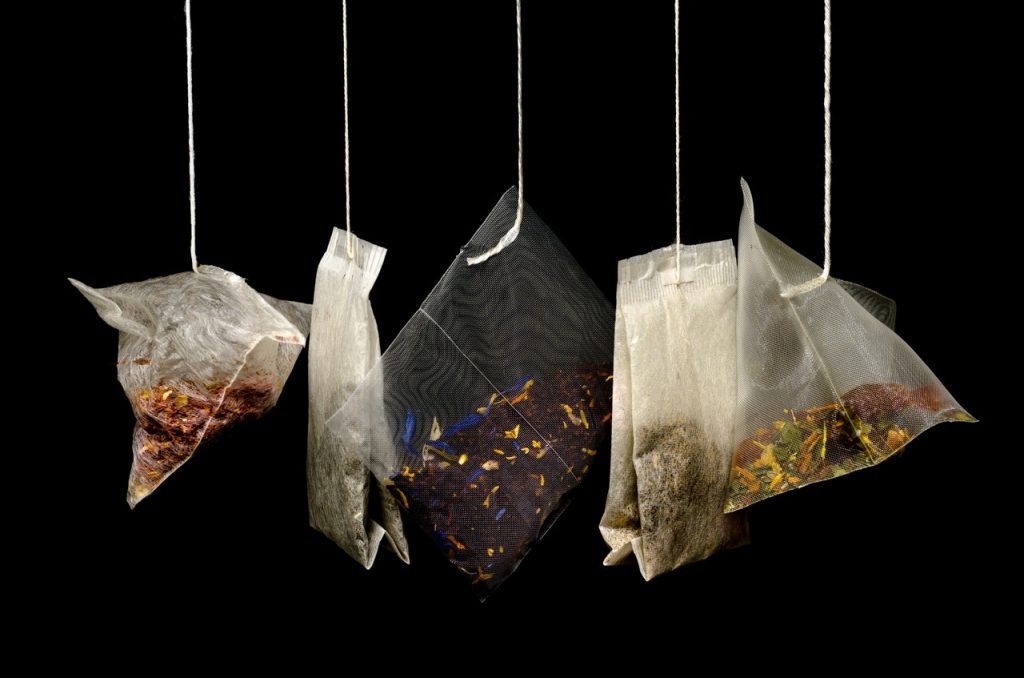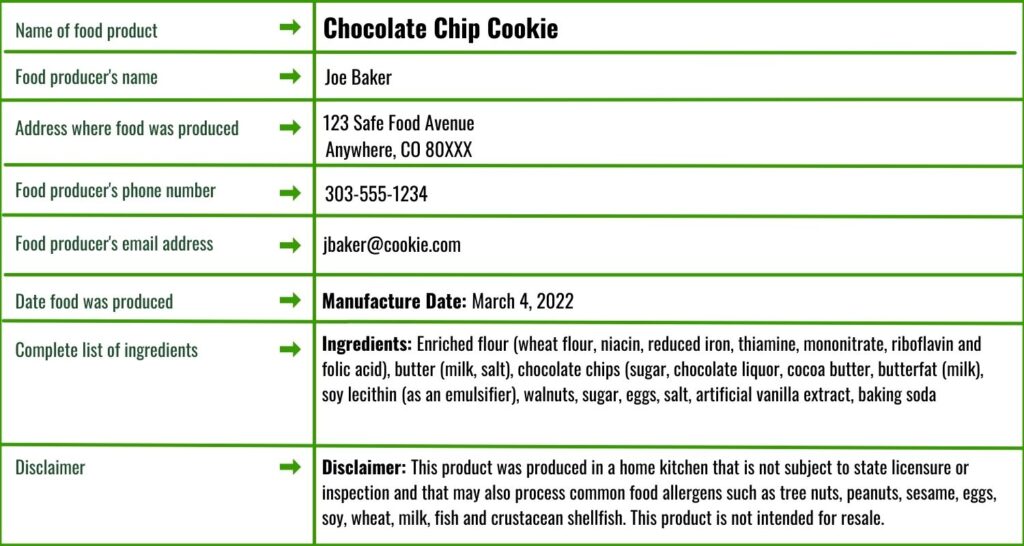Teas made from a wide variety of plants are enjoyed across the world and prepared in a number of ways. Herbal teas can include various herbs and may include traditional tea leaves. Herbs and spices serve a wide variety of culinary purposes in all cultures. Dried herbs and spices have a relatively stable shelf life and may be ground or left whole.

Potential Products
Dried Teas
Commonly the cured leaves of the Camellia sinensisplant, or various herbs, used in the making of a beverage.
Dried Spices
Any of various pungent, aromatic plant substances, such as cinnamon or nutmeg, used to flavor foods or beverages.
Dried Herbs
Annual/biennial/perennial plants that are commonly used to add flavor, color, and aroma to foods and beverages.
Marinade and/or Salad Dressing Mixes
Any mix of herbs and spices with instructions for consumer to add “wet” ingredients to make marinades or salad dressings.
Safely Providing Samples
Samples must be offered in a sanitary manner using single-use service items such as disposable cups and spoons. Servers must wear a new pair of gloves when preparing samples and/ or use clean utensils when handling samples. If providing a sample in its prepared form, take precautions to keep the product at proper temperatures and to avoid contamination. Customers must not be allowed to dip directly into products. If brewing tea for consumers, it must only be provided as a sample and can only be sold as dried tea to the consumer.
Food Safety Concerns
If not dried properly there is a risk of mold and pathogen growth; dried spices and herbs have been the source of foodborne illness outbreaks. Some herbs, such as chamomile, Echinacea, and dandelion and spices, such as anise, mustard, garlic or fennel, can cause an allergic reaction for sensitive individuals.
Packaging
Products must be packaged in food grade materials. All cottage food products must display the information required by the Colorado Cottage Foods Act and outlined by the Colorado Department of Public Health and Environment.
QUESTIONS:
Q: Can I make pesto?
A: No, pesto is not allowed under the Colorado Cottage Foods Act and would need to be produced in a commercial kitchen.
Q: What are safe methods of drying herbs?
A: Sun drying is not recommended due to risk of contamination and inconsistent dehydration. Like produce, fresh herbs should be dried using a dehydrator or oven to achieve adequate water activity levels. Refer to: Herbs: Preserving and Using at: https://extension.colostate.edu/topic-areas/nutrition-food-safety-health/herbs-preserving-and-using-9-335/
Q: Can I make herb and spice infused flavored vinegars or oils?
A: Infused oils are not permitted under the Colorado Cottage Foods Act, but infused vinegars made with commercial 5% acidity vinegar are allowed.
Resources
National Center for Home Food Preservation: http://nchfp.uga.edu
Colorado Cottage Foods Act
Colorado Senate Bill 12-048 allows individuals to produce, sell, and store a limited number of specific, non-potentially hazardous ‘cottage food’ products, in a home kitchen. Cottage food businesses require no license or permit from the Colorado Department of Public Health and Environment and are not inspected by any state or local government entity. Products must be sold directly by the cottage foods operator to an informed end consumer and gross sales for each product produced must not exceed $10,000 annually. Sales outside of the state of Colorado are prohibited.
Allowed Cottage Food Products in Colorado
A limited range of foods that are non-potentially hazardous and do not require refrigeration are allowed. These foods include spices, teas, dehydrated produce, nuts, seeds, honey, jams, jellies, preserves, fruit butter, flour, baked goods including candies, fruit empanadas and tortillas, and pickled fruits and vegetables.
General Labeling Requirements
A cottage food operation may only sell products offered with a label containing the following information (printed in English):

Food Safety Training
Although a cottage food kitchen does not require licensure, the producer does need to obtain food safety training. The Colorado Cottage Food Act requires “a producer must take a food safety course that includes basic food handling training and is comparable to, or is a course given by, the Colorado State University Extension service or a state, county, or district public health agency, and must maintain a status of good standing in accordance with the course requirements, including attending any additional classes if necessary.”
Trainings that CSU Extension offers include face-to-face as well as online classes, varying in length and cost. Contact your CSU Extension county office for more details: http://extension.colostate.edu. For information on class offerings near you, visit: https://foodsmartcolorado.colostate.edu/food-safety/cottage-retail-foods/.
Resources
Colorado Department of Public Health and Environment: http://cdphe.state.co.us and Colorado Farm to Market: http://cofarmtomarket.com

